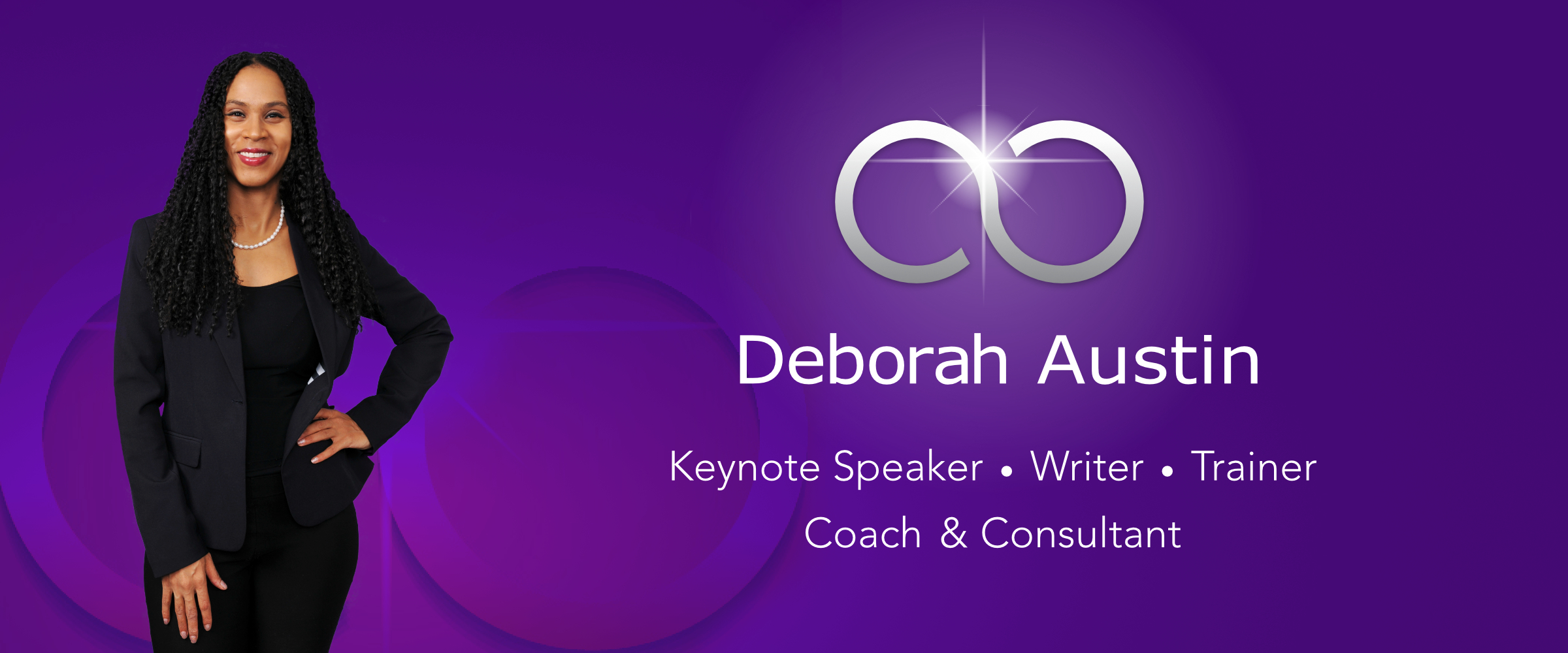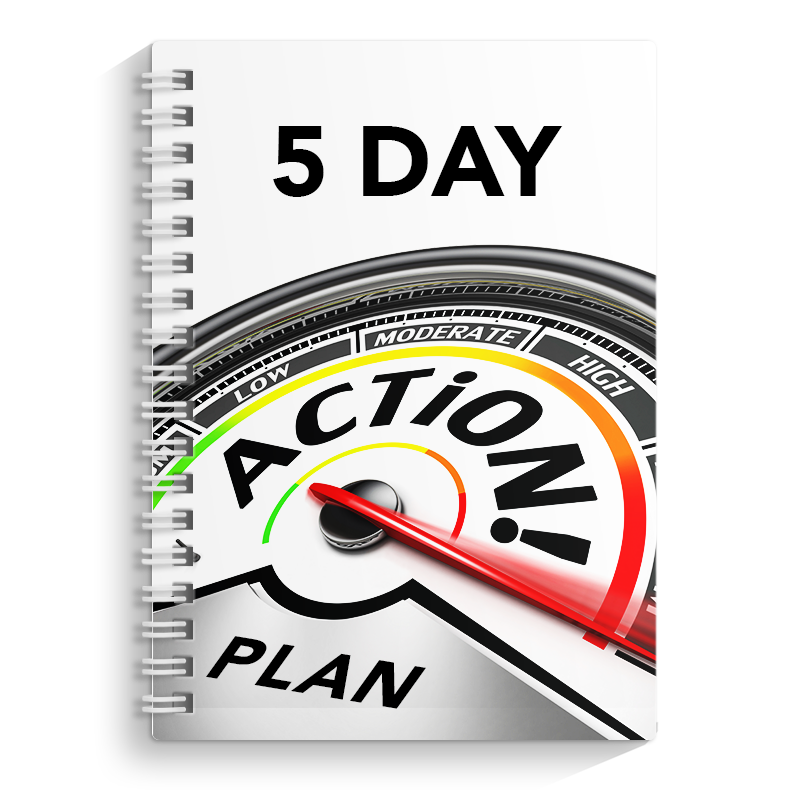We all know that words are extremely powerful. Think about how powerful words are in your life. We know that words have the power to heal and wound. Think back to when someone said something that hurt your feelings. Chances are that even though you may have let it go, you probably do remember the words that were spoken and the hurt feelings you felt initially.

On the other hand, think about when you hear the words I love you from a loved one or when they say other empowering words, how do you feel? You feel supported and affirmed. In many cases, words can be life changing and transforming. Words can change the way that you see yourself. Even the way that you use words with your internal dialogue can boost or diminish your self confidence. Since words are so powerful, use empowering words that can uplift people’s spirits. Here are three tips that can help you use words powerfully in your speeches. They are:
1. Use vivid imagery. When writing your speeches, carefully consider the language that you use in order to have maximum impact. Use words that will really paint a picture for your audience. For example, you could say, I went for a walk along the beach. Your readers will obviously get the main point of what you are trying to communicate. Or you could say something that is more descriptive, such as, I sauntered across a white sandy beach as the sun set under a crimson and orange coloured sky. Using vivid imagery and being evocative with your language in your speeches will enable you to connect with your audience more.
2. Eliminate jargon. Research your audience before you speak. Knowing who your audience members are in advance will help you to determine the type of language that you should use. For example, if you were speaking to a group of IT professionals, doctors, lawyers or accountants you might use language or jargon specific to those professions. If you are speaking to a more general audience you might want to eliminate or reduce your use of jargon.
3. Eliminate Filler Words. Filler words are words like um, uh, like, you know etc. that we use in order to take up time or we use when we don’t know what to say. When we are nervous, unprepared or simply unaware the tendency is to overuse filler words. Filler words can make us seem less knowledgeable than we actually are. Recording yourself on video is a great tool in order to assess how often you use filler words. Seeing yourself on video can help you to become aware so that you can eventually eliminate those filler words.
Remember that words are powerful. They have the power to affirm another person in a positive way. On the other hand, if we don’t use our words consciously, they can also be used in a negative manner. As a communicator, take the time to consciously and carefully consider your words especially when you speak in front of an audience. Using positive words can have a major impact on the way that the audience relates to you.
If you obtained value from this post, please comment and share.


Please note: I reserve the right to delete comments that are offensive or off-topic.